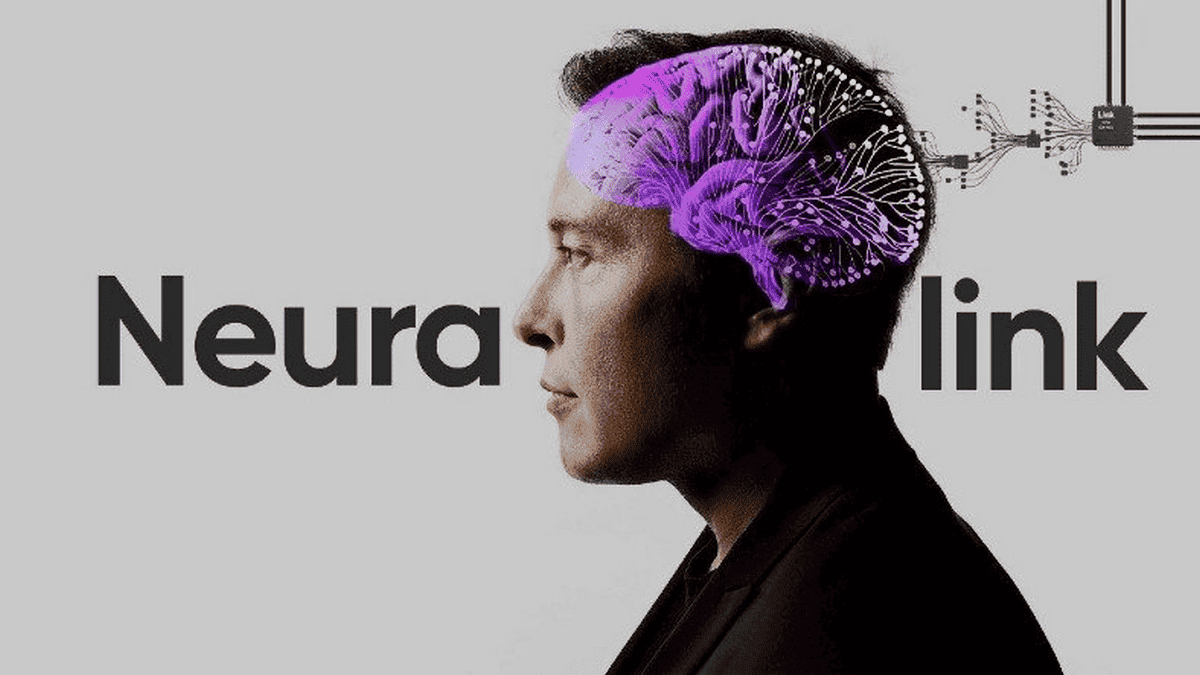Less than a month ago, Neuralink announced that its brain-computer interface had been approved for human testing. However, Reuters has now announced that the US Food and Drug Administration (FDA) has found that the company failed to maintain records of animal experiments. The FDA also said there were some quality control issues. Investigators found quality control lapses at Neuralink’s animal research facilities in California. However, similar inspections of facilities in Texas found no problems.
“These problems show a lack of attention to detail,” said Jerry L. Chapman, senior quality specialist at Redica Systems.
Among the lab problems found by FDA inspectors were missing calibration records for instruments such as a pH meter used in one of the studies. In another study, seven instruments, including a “vital signs monitor,” had no calibration records. Neuralink has conducted experiments on hundreds of animals, including monkeys.
Other problems included the quality assurance officer not signing off on the final study report and not documenting any deviations from the approved protocol or standard operating procedures. Neuralink is currently being tested in real people to help patients paralyzed by spinal cord injury or amyotrophic lateral sclerosis (also known as ALS) use brain-computer devices to re-communicate.
Gizchina News of the week
In December 2022, investigators from the United States Department of Agriculture (USDA) looked into potential animal welfare violations at Neuralink after internal officials complained that animal testing was rushed, causing unnecessary suffering and death. The Council for Responsible Medicine, an animal welfare group, filed formal complaints with the US Department of Agriculture and the Food and Drug Administration, alleging wrongdoing by Neuralink.

Conclusion
In light of recent developments regarding Neuralink’s brain-computer interface, concerns have been raised about the company’s adherence to regulatory standards and animal welfare practices. The US Food and Drug Administration’s findings of quality control lapses and record-keeping deficiencies at Neuralink’s animal research facilities raise important questions about the company’s commitment to safety and ethical conduct.
The discovery of problems such as missing instrument calibration records and deviations from approved protocols underscores the need for strict oversight and compliance in biomedical research, especially when conducting experiments on animals. While Neuralink’s efforts to develop brain-computer interfaces hold promise for medical innovation and the treatment of neurological disorders, compliance with regulatory standards and ethical principles must remain paramount.
In addition, allegations of hasty animal testing and potential humane violations underscore the importance of ensuring humane and ethical behavior throughout the research and development process. The involvement of regulatory agencies and advocacy groups in investigating these issues reflects broader societal expectations regarding transparency, accountability, and ethical conduct in research. As Neuralink moves forward with its human testing, the company would do well to address identified flaws, implement robust quality control measures, and prioritize animal welfare in its research practices.
U.S. FDA says Musk’s Neuralink has problems with animal testing








